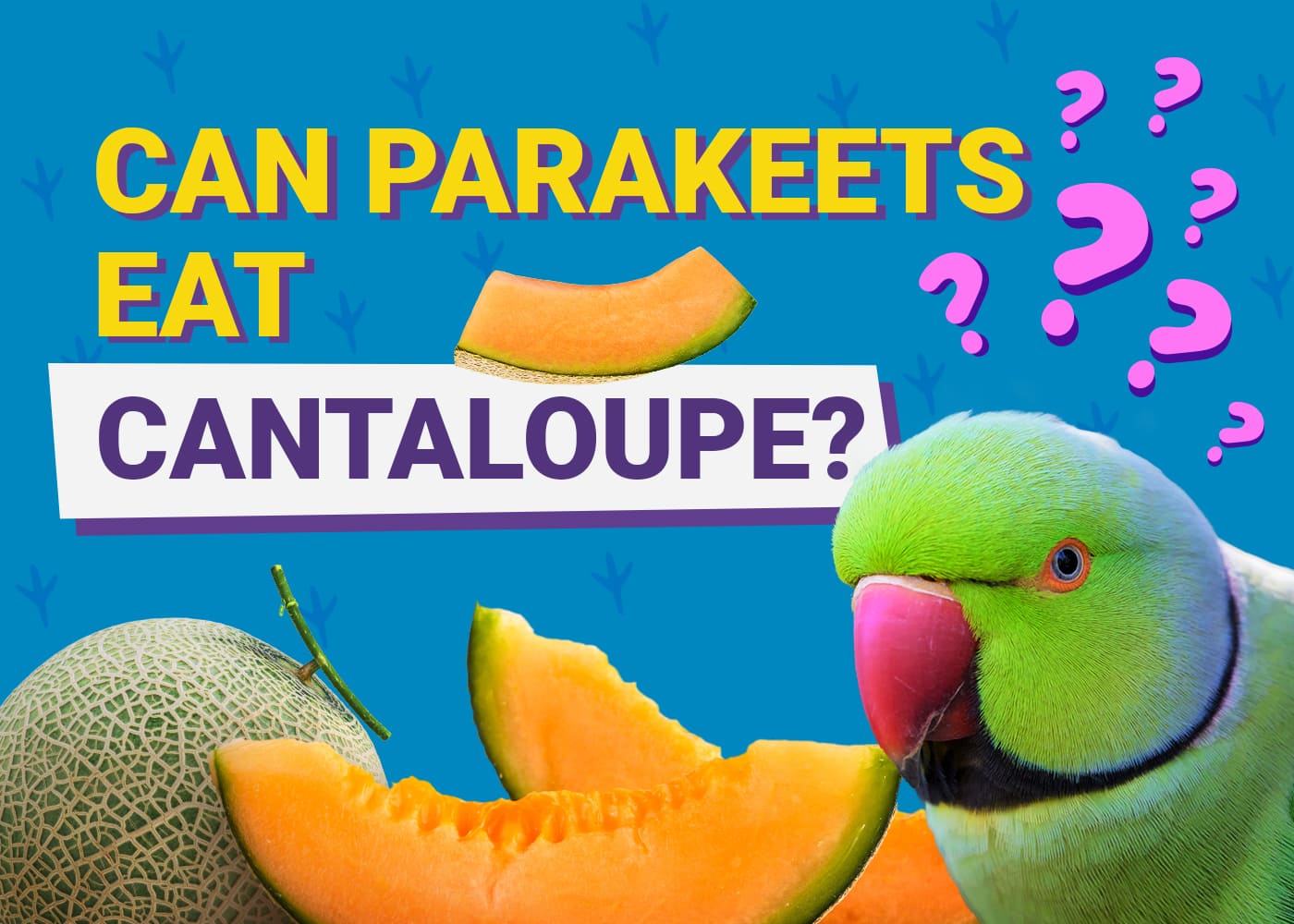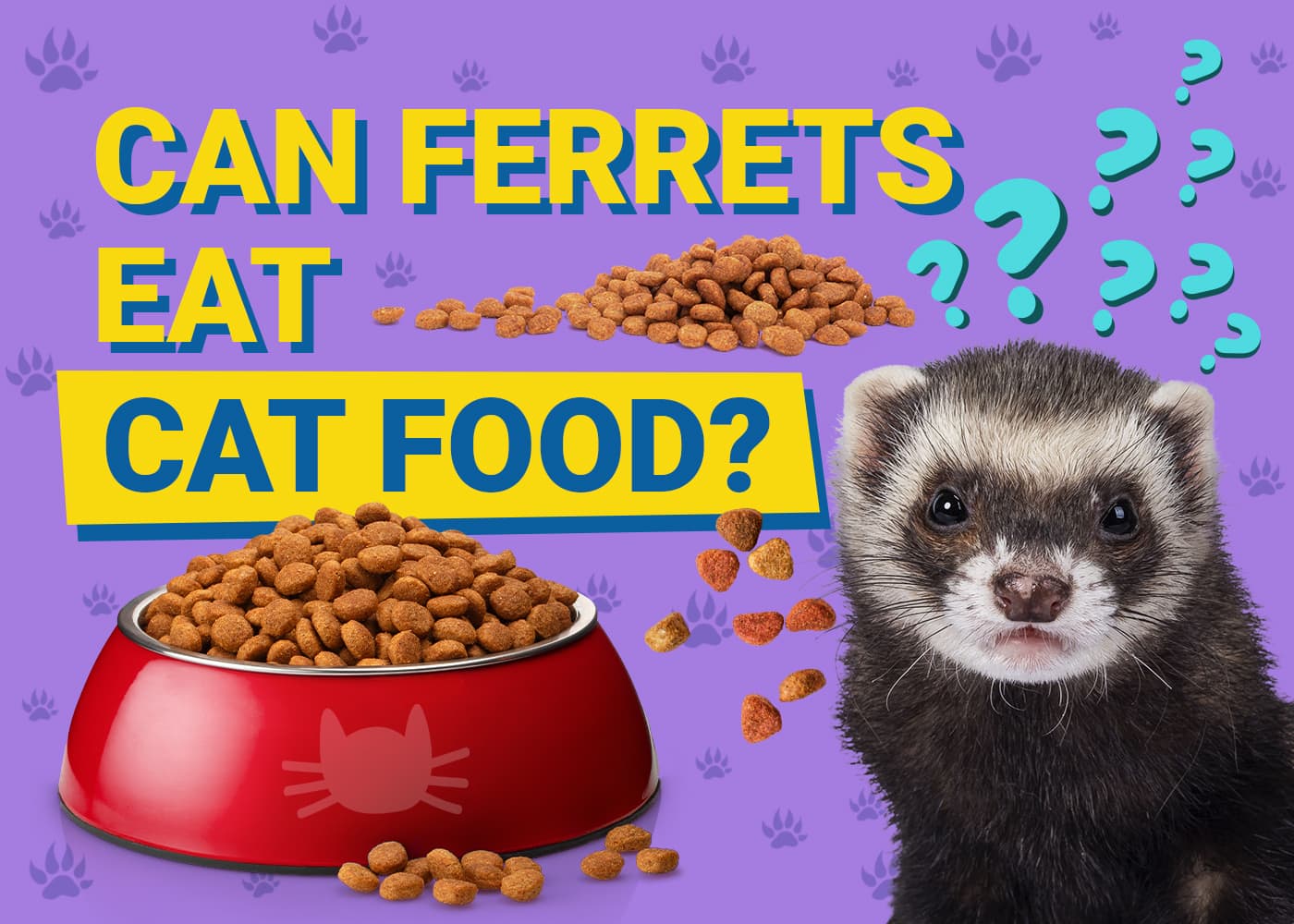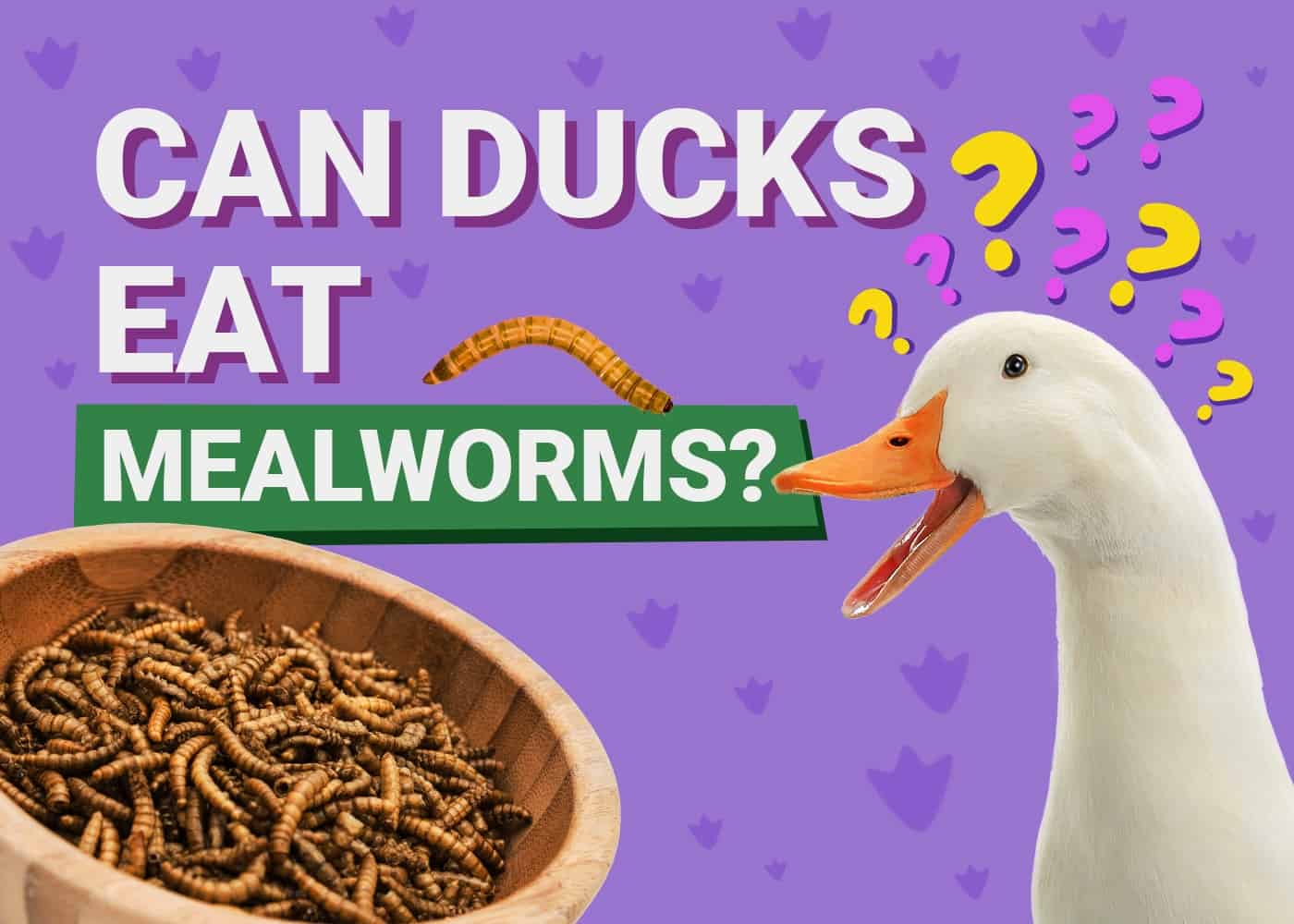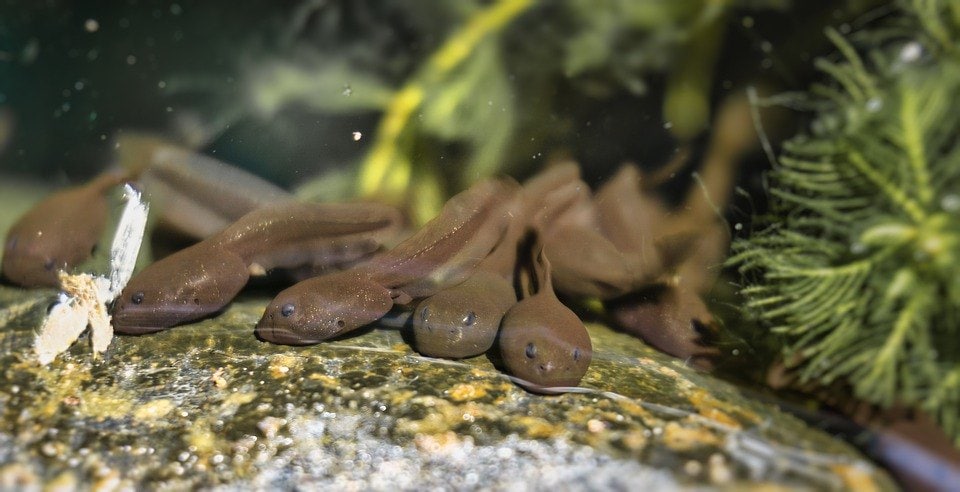VET APPROVED

The information is current and up-to-date in accordance with the latest veterinarian research.
Learn more »You take your parakeet out of its cage for a moment of interaction and use this opportunity to share your snack with your friend: a delicious piece of a cantaloupe! But then you start to wonder, is it really okay to feed this fruit to your bird? Is it toxic? Can it cause diarrhea or other nasty illnesses?
The good news is, yes, parakeets can absolutely eat cantaloupe! In fact, it’s good for them because it’s a source of vitamins and other nutrients that your tiny budgie might be missing out on. So, go ahead and give cantaloupe to your little feathered clown, but be sure to take a few precautions beforehand. Here’s what you need to know about giving fruits to parakeets, along with other handy tips.
 What Is the Best Parakeet Diet?
What Is the Best Parakeet Diet?
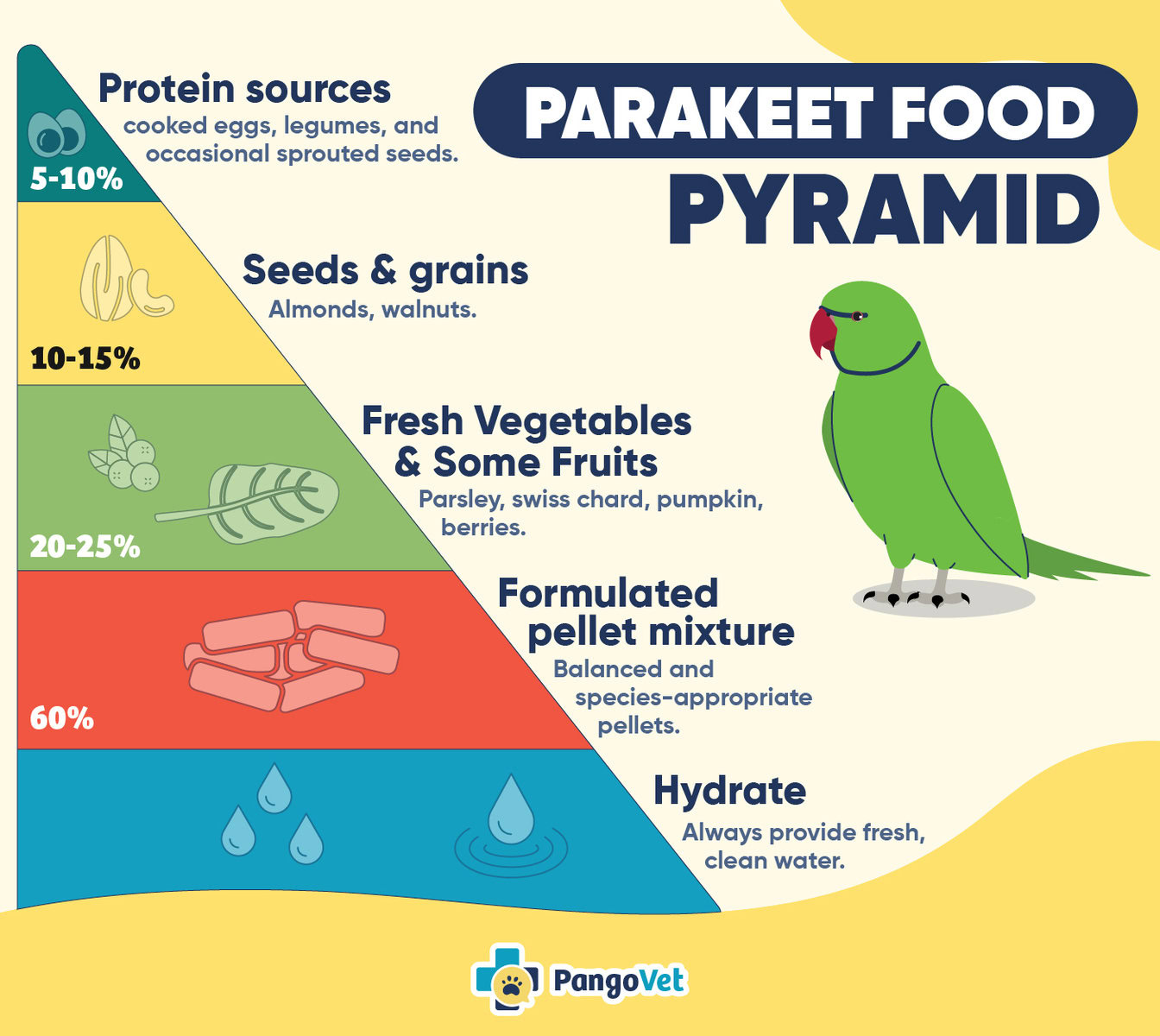
The parakeet’s diet isn’t all about seeds (and shouldn’t be!). Indeed, most parakeet species are omnivorous birds that will eat a variety of foods in their natural habitat. This consists of seeding grasses, insects, fruits, plants, buds, and nectar from flowers. This diversity provides all the nutrients your parakeet needs: vitamins, minerals, proteins, fibers, sugars, and trace elements.
Your parakeet must be able to find this variety in the food you give it. Thus, its basic diet will include:
- Formulated pellets made specifically for their species
- A variety of fresh or frozen fruits and vegetables
- A small amount of protein, such as cooked eggs and worms
You can also give them seeds as occasional treats. Seeds must not represent more than 5% of your bird’s diet.
Can Parakeets Eat Table Scraps?
As a general rule, you should never feed table scraps to your parakeet—unless you ate a salad made only with parakeet-safe fruits and vegetables. That said, healthy foods for humans, such as apples, carrots, mangos, bell peppers, and kiwis, can be given as small treats to parakeets. Just make sure you don’t overdo a single ingredient, as too much of one good thing is neither good for you nor your pet bird. Also, pick up any leftovers that remain at the bottom of your bird’s cage after feeding time, as these may attract undesirable guests (mice, germs, bacteria, mold, etc.).
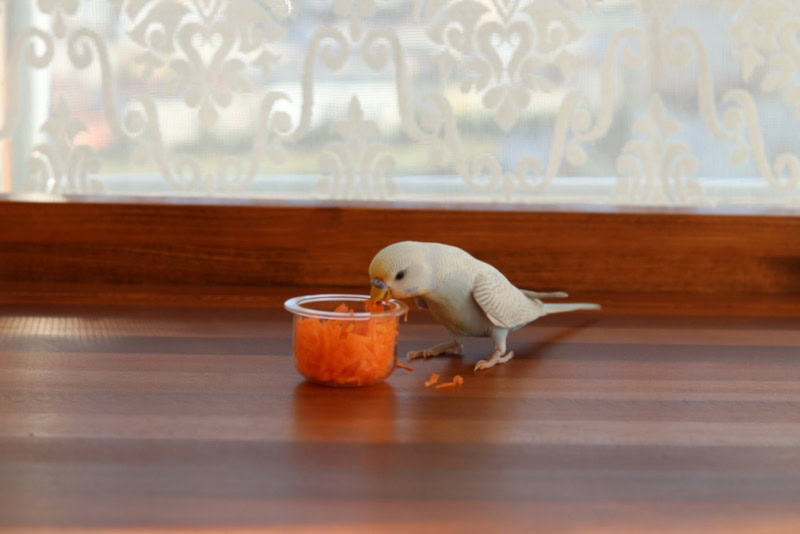
What Food Is Poisonous to Parakeets?
There are some foods that you should never give to parakeets or most pets, for that matter. You’re probably familiar with most of them, as it’s largely common sense not to feed, say, alcohol to birds, but let’s go over the others on the list:
- Canned food
- Avocado
- Chocolate
- Caffeine
- Onions and garlic
- Uncooked dry beans and legumes (these contain toxins that can be fatal if your bird consumes enough of them)
- Xylitol
What Fruits Are Good in a Parakeet’s Diet?
Fruits in general are good for feeding to your parakeet because they contain vitamins and minerals. Cantaloupe is rich in vitamin A and packed with fiber, which is excellent for improving digestion for your little one. This delicious treat can also be an essential ally for your bird’s immune system. Here are other fruits that may be part of your bird’s diet:
- Berries
- Bananas
- Melons
- Apples (seeds removed)
- Apricots (offered only without a pit)
- Peaches (offered only without a pit)
- Cherries (offered only without a pit)
- Blueberries
- Grapes
Note: Make sure to remove the apple’s seeds, as they contain cyanide, which is highly toxic to your birds.
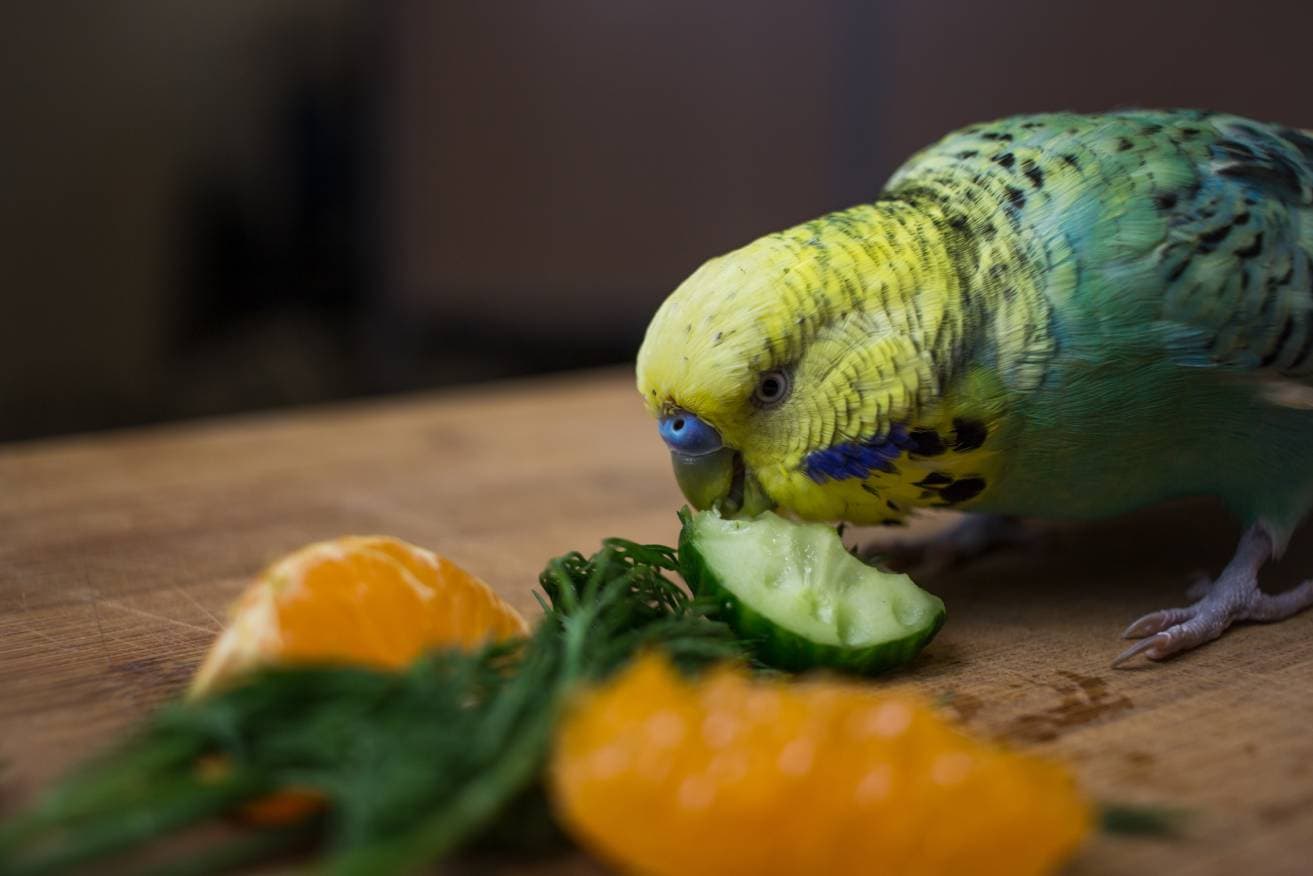
How to Feed Cantaloupe to Your Budgie
- Cut it into small pieces.
- Remove the seeds. (Note: Cantaloupe seeds are not toxic to your bird, but remove them anyway to avoid choking.)
- Let your parakeet enjoy its little treat!
- Remove leftovers, so they don’t attract fruit flies.
Does Feeding Fruits to Your Parakeet Cause Diarrhea?
Pet birds can get diarrhea from many causes, including stress, poor nutrition, intestinal parasites, or infection. A change in diet can also cause diarrhea. The same goes for fruits or vegetables that have not been washed well. Diarrhea can also be a sign of kidney, liver, or pancreatic disease.
Abnormal droppings are often a sign of too much urine in the stool, which is called polyuria. A diet too rich in fruits and vegetables with a high water content can lead to this condition, but it is generally treated well.
As always, if you are unsure whether or not your bird has diarrhea, contact your veterinarian.
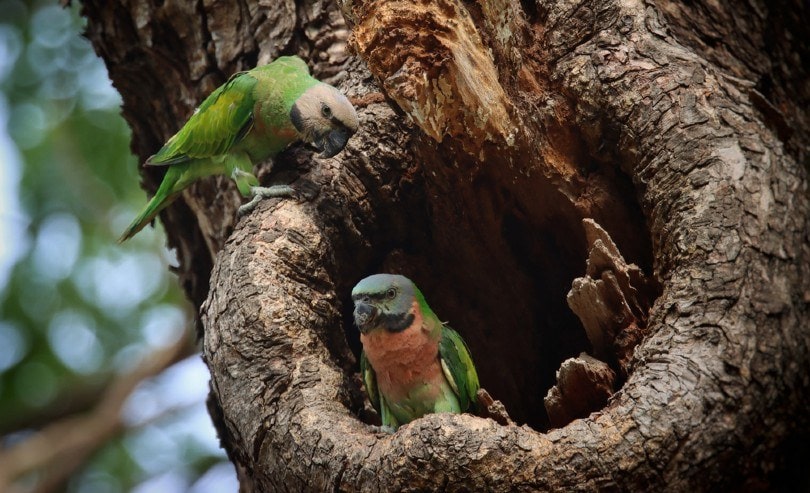
Do Parakeets Eat Fruits in the Wild?
In the wild, parakeets eat various fruits that are seasonally available in their natural habitats. This is why you can supplement your parakeet’s diet with fruit. That said, due to fruit’s high sugar content, you should not overdo the fruit portions in your bird’s diet. Your parakeet’s diet should also include formulated pellets, a variety of fresh vegetables, and a small source of protein, like cooked eggs. You can also offer up to 5% of seeds, though those should never make up the bulk of their diet.

Final Thoughts
When it comes to their dietary needs, parakeets are not complicated birds. Good-quality formulated pellets, a variety of veggies and fruits, proteins, and occasional seeds and other treats will help provide them with all the nutrients they need to thrive. Of course, there’s no problem if you want to share your cantaloupe with your parakeet either; just make sure to add a variety of other food to its diet. Also, snack time with your little budgie is a good way of strengthening your bond with it. The only real problem here is that it might steal it all from you!
You may also like:
- What Do Parakeets Eat in the Wild and as Pets?
- Can Parakeets Eat Cabbage? Vet-Reviewed Facts & Info
- Can Parakeets Eat Raspberries? What You Need to Know!
Featured Image Credit: Kolotygin Igor, Shutterstock
